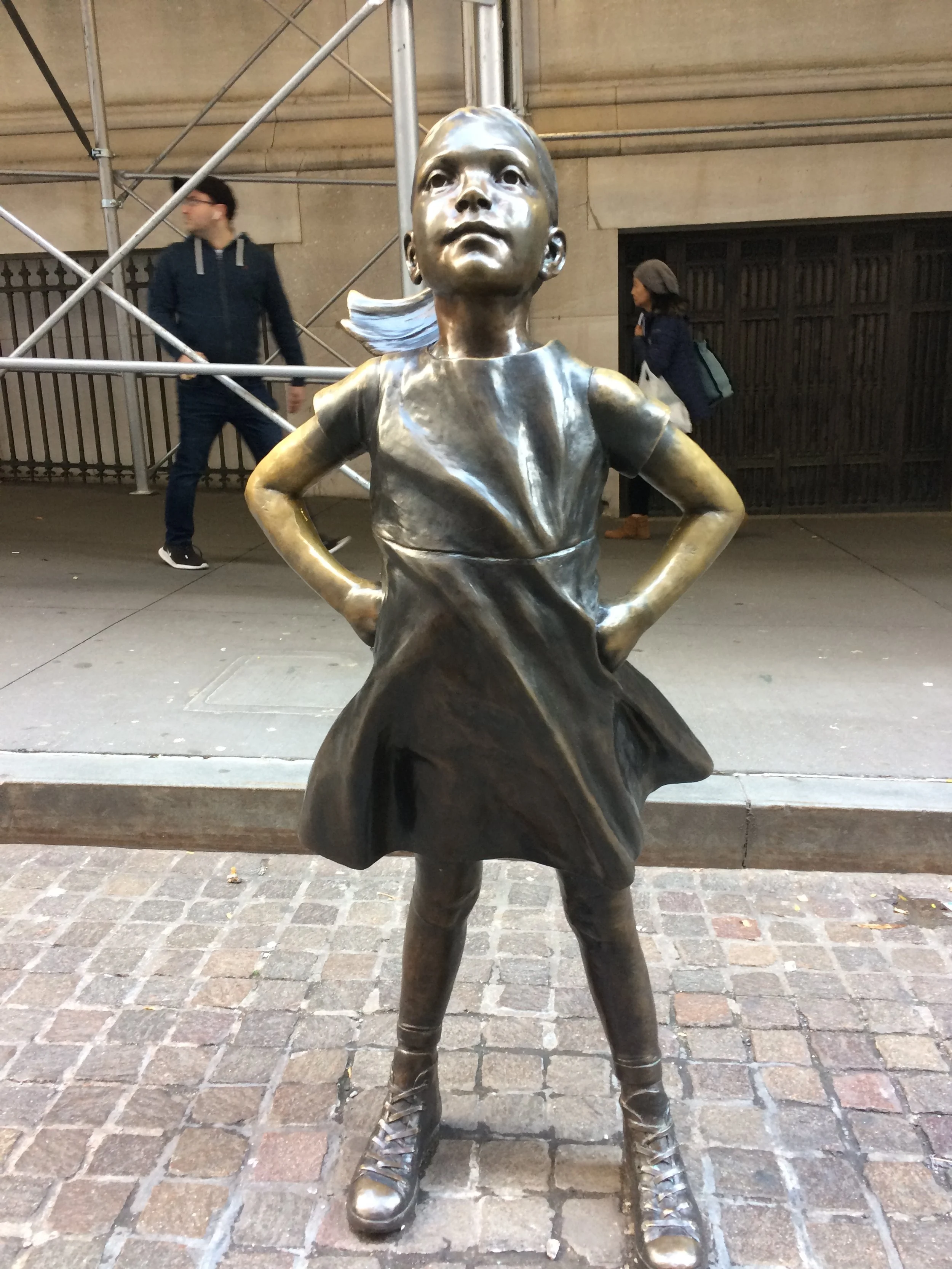
Your Body Speaks
Musings on a Business Chicks event headlining Amy Cuddy, 2017
As chance would have it, I attended a talk by Amy Cuddy last week. Amy Cuddy is an American social psychologist who happens to be married to an Adelaidian. She is a Boston dwelling, Harvard professor and author of a book called Presence with a subtitle of “Bringing your boldest self to your biggest challenges”. She is also amazing. Full disclosure: I’m a huge fan.
I first discovered Amy Cuddy on a TED talk she gave in 2012. That talk was entitled “Your Body Language May Shape Who You Are”. An apt enough subject for this particular Toastmaster talk, and centred around the precept that your body posture can affect your mind, your mood and your sense of self. It is the second most watched TED talk ever, with something like 41million views as at last weekend. For those that have not heard of TED talks, they are short-ish presentations by people often regarded as leaders in their field and loosely collated around the TED subjects of technology, entertainment, design.
In that talk, Amy shared a story about an accident she suffered as a college student at around age 19. A car accident that left her with brain damage to the extent that it took 30 points off her IQ score. This was a girl whose very identify (to herself at least) was shaped by her intelligence, her smart-ness. Losing that level of brain function literally stole her sense of identity as a smart, intelligent female. Stole the future she had mapped out for herself.
Though devastated by the loss, and suffering enormous self doubt, she managed (obviously) to overcome this loss; whether by regaining those lost IQ points or sheer force of will, I don’t know, but with grit and determination she did gain entry to university and to a life of research and discovery as befits one possessed of a curious nature.
A part of her strategy for coming back was found in that old adage “fake it till you make it”, only with a slight change – she believes you can “fake it till you become it”. So, while not advocating faking, in the sense of pretending you are somebody else, or cheating or lying in any way; she means it in the sense of putting your best, most authentic self forward, even when you feel that you are not there yet.
Perhaps, I can put it this way. Within ourselves, we know how we would like our self to be. This is not the you that says the wrong thing, or does the stupid thing or makes the wrong choice. This is your best you. By faking it till you become it, if you can act as the best, authentic version of yourself, even while struggling with self doubt, you will eventually become that best version of yourself.
Of course, this is perhaps easier said than done. And you have to work out what that means to you. What makes you you? What is the best version of you. There must a technique, a strategy for overcoming the doubt to allow this best self to shine. Amy Cuddy posits that the body can influence the mind. It’s not all in the mind after all – it’s a two way street. She says that if you adopt the postures of success, of power, you will influence your mind; you will feel more powerful. This is not powerful in the sense of power over others, but power within – strength within. And the more powerful we feel, the better we perform, the better our mind performs. The better we handle stress. The better we interact with others.
These postures of success are typically expansive postures. That is, you make yourself bigger. Wider. Taller. Or, the ultimate victory posture.
The postures of weakness are the opposite. They are contractive. Where the body folds in on itself. Becomes smaller. Takes up less space. Is less intrusive. Weaker.
And so the opposite might be true – while expanding your body will make your mind work better; contracting it might reduce its capacity. Worryingly, the involvement many of us have with our phones have us adopting a posture of head down, closed carriage – the classic posture of depression. When we should perhaps be broadening our bearing, we are contracting it to that small screen.
The power postures are an over-simplification as has been recognised by Amy Cuddy in more recent times. Her book “Presence” expands on the themes of best self, most authentic self, that self that is less reliant on other people’s opinions.
But our posture is important. How we carry our bodies affects how we see ourselves as well as how others see us. If we carry ourselves with power, pride and poise, we signal to our mind that we have power, pride and poise. We might end up with power, pride and poise.